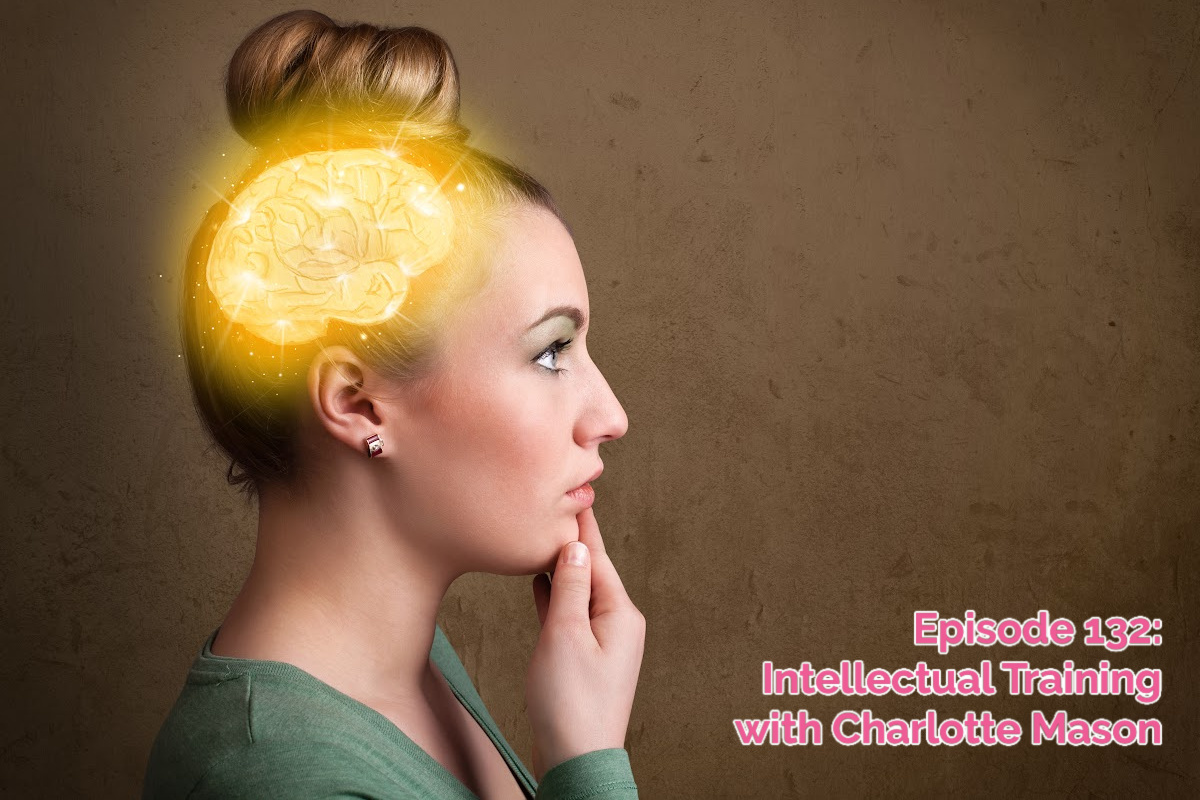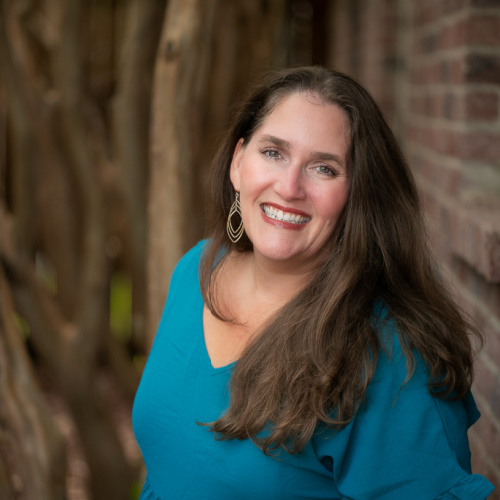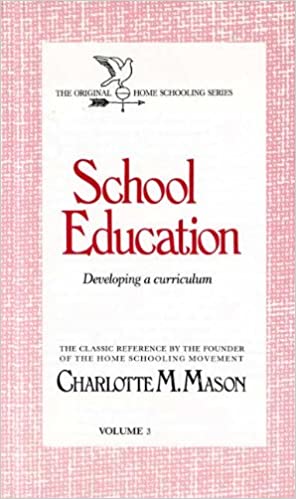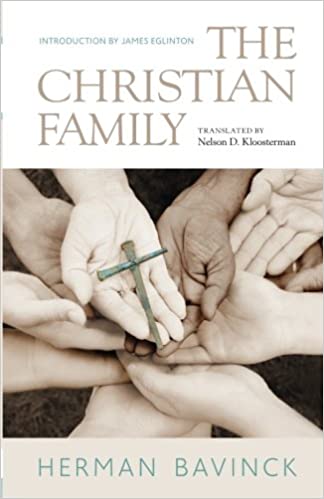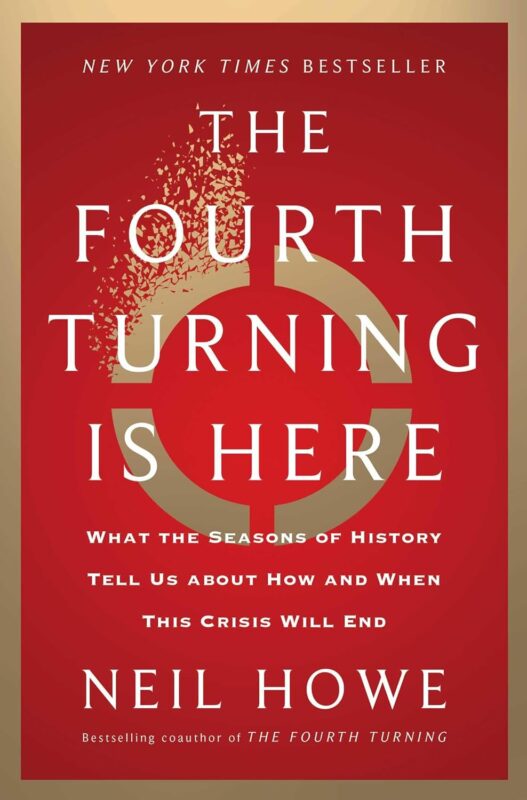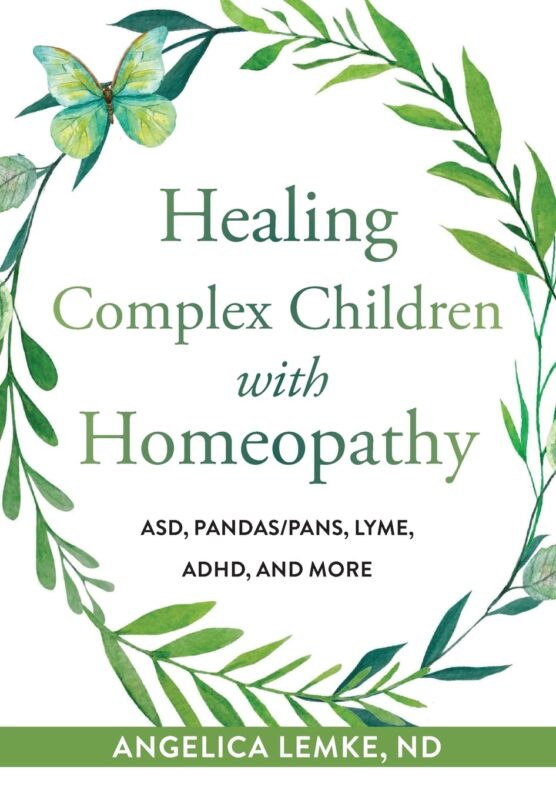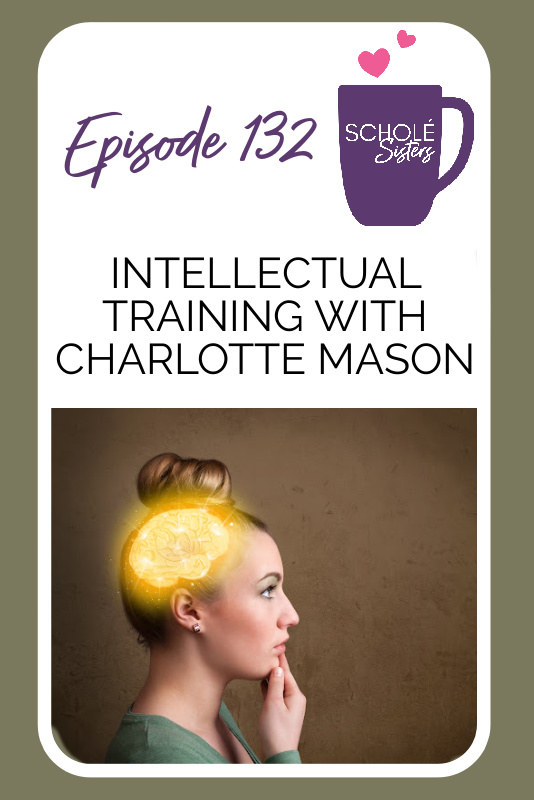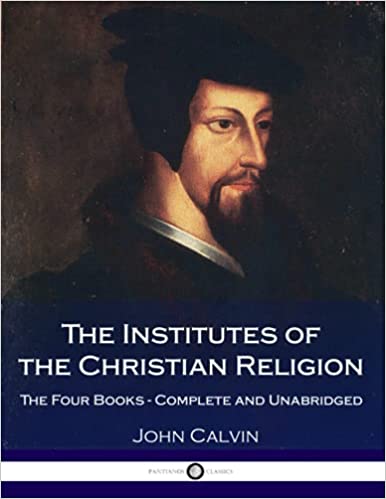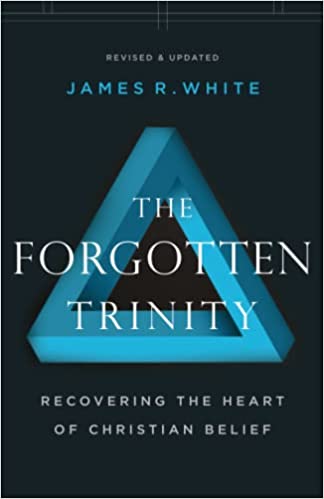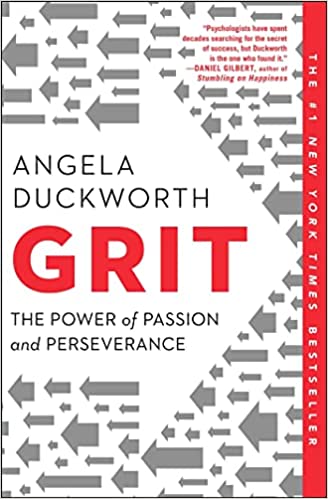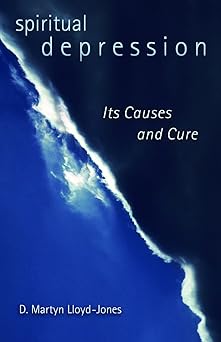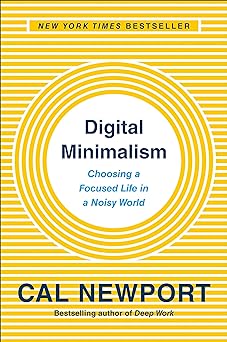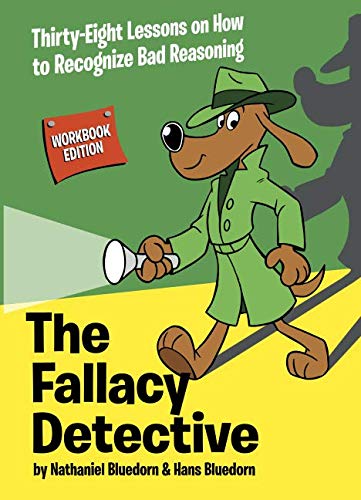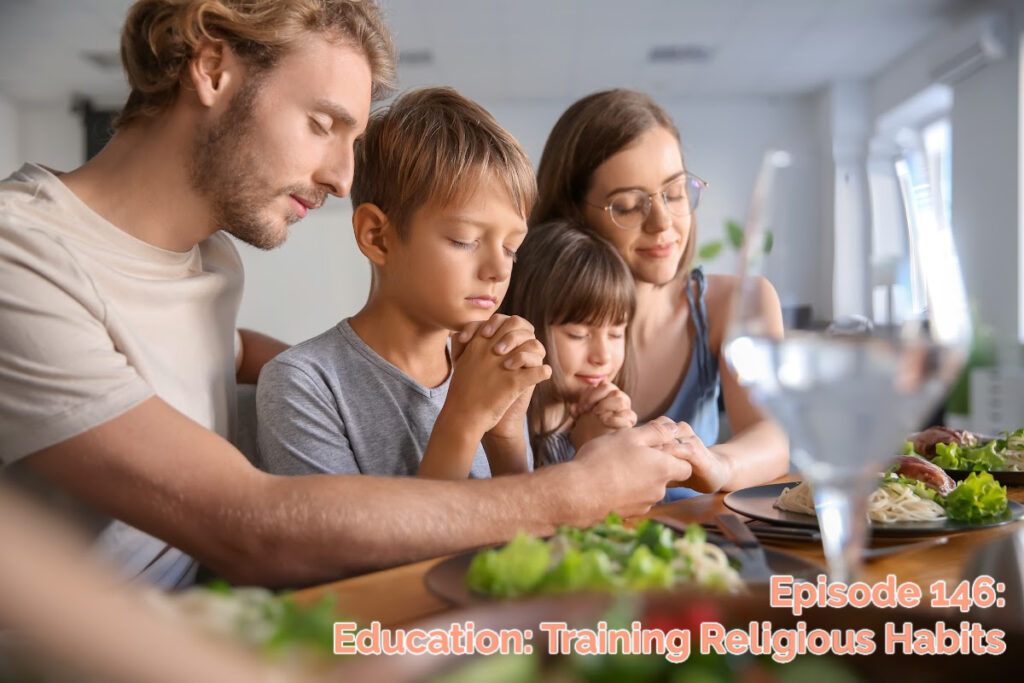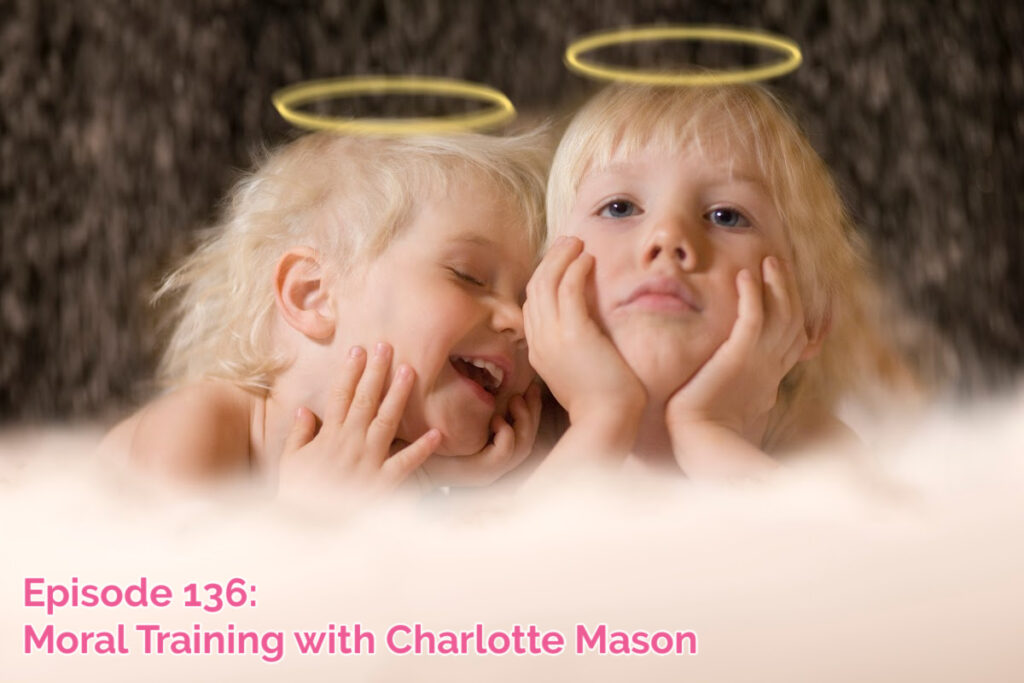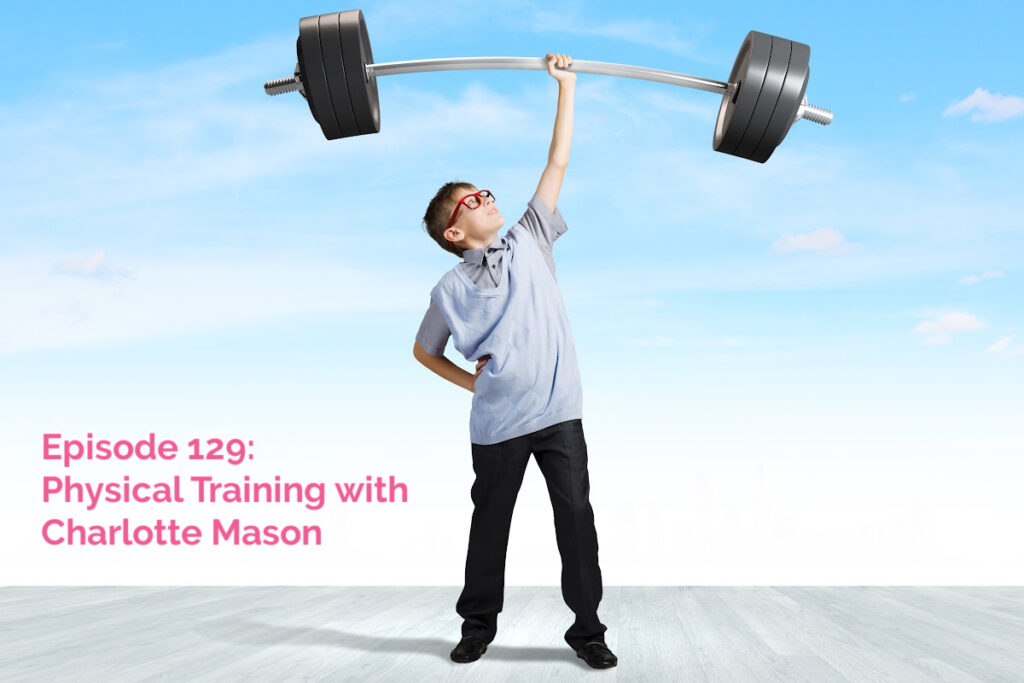SS #132 – Intellectual Habit Training
This is the second in our four-part series on Charlotte Mason’s chapters from School Education that cover the training of physical, intellectual, moral, and religious habits. Today, we’re discussing the training of intellectual habits. First, though, we need to go through Charlotte Mason’s paradigm for thinking about these things.
Habit Training with Charlotte Mason Series
Part 1: Episode #129 – Education: Physical Habits (with Charlotte Mason)
Part 2: Episode #132 – Intellectual Habit Training
Part 3: Episode #136 – Moral Training, Moral Habits
Part 4: Episode #146 – Religious Habits
Listen to the podcast:
TUNE IN:
Apple Podcasts | Spotify | Stitcher
Your thinking happens by habit
Today’s Hosts and Source

Mystie Winckler
home educates her crew and refuses to accept Brandy’s CM labels and kudos.

Abby Wahl
home educates her crew, cooks, herds sheep, and gets in trouble on IG when Brandy makes her quips into memes.
Today we are basing our discussion on Charlotte Mason’s School Education, chapter 11.
“Our thinking is not a separate thing from our conduct and our prayers, or even from our bodily well-being. Man is not several entities. He is one spirit (visibly expressed in bodily form), with many powers. He can work and love and pray and live righteously, but all these are the outcome of the manner of thoughts he thinks.”
Source
Scholé Every Day: What We’re Reading
The Christian Family, Hermann Bavinck
Writing at the turn of the twentieth century, Bavinck shows how vital and fundamental family stability and hierarchy are to our living out the gospel personally and being effective in the world.
The Fourth Turning Is Here, Neil Howe
Abby let us know we’re still going to be in cultural crisis for another ten years.
Healing Complex Children with Homeopathy, Angelica Lemke
Brandy is getting extra niche in her niche interest.
You have control over your thoughts
Reflexes shouldn’t be dignified with the name of opinion. We are not victims of whatever thought or reaction bubbles into our head. We can notice our thoughts and train our thoughts.
None of us has our own personal truth. For both knowledge we gain and opinions we hold, we should seek to examine them by objective truth. Then we can keep what stands the test and toss the rest, continuing to learn and grow.
Reason can’t always be trusted
Our reason works without our conscious thought often, so do we really get credit for being thoughtful and intentional and smart when all we did was let nature work and our intuition take over?
We all know how often we go to bed with a difficult question to settle. We say we will sleep upon it, and, in the morning, behold, the whole question has worked itself into shape: we see all its bearings and know just how to act. We are so accustomed to take wonders as matters of course, mere everyday events, that it does not occur to us to be surprised.
We even say, the mind is clearer after sleep, regardless of the fact that we have no labour of thinking at all in the morning; all comes straight of itself. When we come to think of it, most of our decisions arrive in this unlaborious way. We really cannot say that we have thought such and such a matter out: the decision comes to us in a flash, by an intuition, what you will. The subject is a large one, but all I care to stipulate for here is that children should be taught to know that much of our reasoning and so-called thinking is involuntary,––is as much a natural function as is the circulation of our blood, and that this very fact points to the limitations of reason.
Our minds – our reason – are not infallible guides nor objective standards. Reason will come up with reasons to defend anything we want to defend or justify anything we want to justify.
You can control your thoughts, and so can your kids.
What a revolution should we have in our methods of education if we could once conceive that dry-as-dust subjects like grammar and arithmetic should come to children, living with the life of the Holy Spirit, who, we are told, ‘shall teach you all things.’
Attention & Concentration
Yes, attention can be trained. You might not have ADHD; you might just be addicted to your phone.
Some do have ADHD, but that is no excuse. Instead of accommodating and excusing our kids because they have a weakness, we therefore know where we need to work harder, not where we ignore and let them be. The weak spots are where we need to give extra effort and support so they can at least be less weak, even if they won’t be as strong as others.
The label should be a call to focus and work, not give up and excuse. The label is not an easy out.
Attention is being passively receptive, while concentration is active, direct effort.
Concentration wears you out faster than attention, but even with concentration and focus our stamina can still be trained and improved.
Thoroughness & Willingness to Think
Thoroughness is a dissatisfaction with incomplete knowledge, but desiring to get to the bottom of a topic.
Simply looking at a dictionary is a basic habit that helps build both thoroughness and a willingness to think, partly because it makes it easier to actually think about a thing. You have something to go off of instead of just whatever you can pull from your head. You can check your definitions and thinking, and then springboard from the concrete definition to connections and examples.
Charlotte Mason next discusses what she calls “intellectual volition,” meaning a willingness to consider, to think about a matter for more than a moment. But it also includes the ability to direct our attention, to choose where our focus is pointed. This can include the skill of being interruptible, to allow something or someone more important to break our flow and attentive obsession on a project or book.
We want to be in control of our attention, rather than at the mercy of our attention.
Accuracy
We need to be watchful with our kids that they speak with clarity and accuracy. We don’t want to indulge a tendency to exaggeration or a sloppy habit of not really saying what they mean. Not everyone in their life will give them the benefit of the doubt like their mom or fill in the gaps like their siblings.
We want our kids to be prepared and ready when they speak to people who don’t have the family context and familiarity with our kids. They should be intelligible to others, so we’re handicapping their ability to move into adulthood if we don’t require them to be intelligible at home.
Home is the training grounds for life, not the place where all rules and manners are off and everyone lets it all hang out.
Reflection & Meditation
Reflection is the ruminating power innate in children that we often lose as adults. Scrolling is the opposite of reflection. Reflection requires us to spend much time with an idea, without distraction and without anxiety.
Ruminant animals ruminate while resting, bringing something back for further digestion. We have to have ideas inside that we can pull out and turn in our minds. In a way, perhaps this piece is scholé – not the collecting, but the thinking and mulling.
Meditation, according to Charlotte Mason’s categorization, is more active than reflection. Meditation is following the rabbit trails, making the connections, and thinking about ways to apply the ideas in your own life.
We do not sufficiently recognise the independent intellectual development of children which it is our business to initiate and direct, but not to control or dominate.
Charlotte Mason
Mentioned in the Episode
Listen to related episodes:
SS#146: Religious Habits
SS #140 – Rewards & Motivation
SS #136 – Moral Training, Moral Habits
SS #129 – Education: Physical Habits (with Charlotte Mason)


